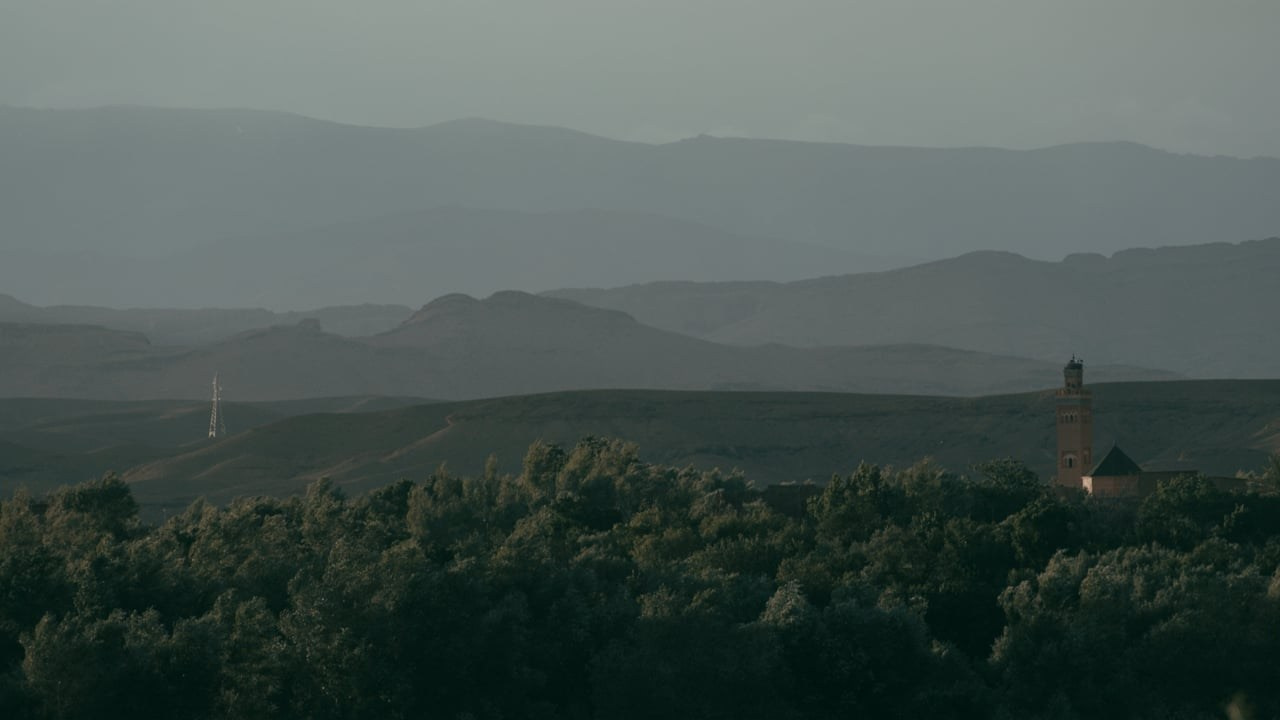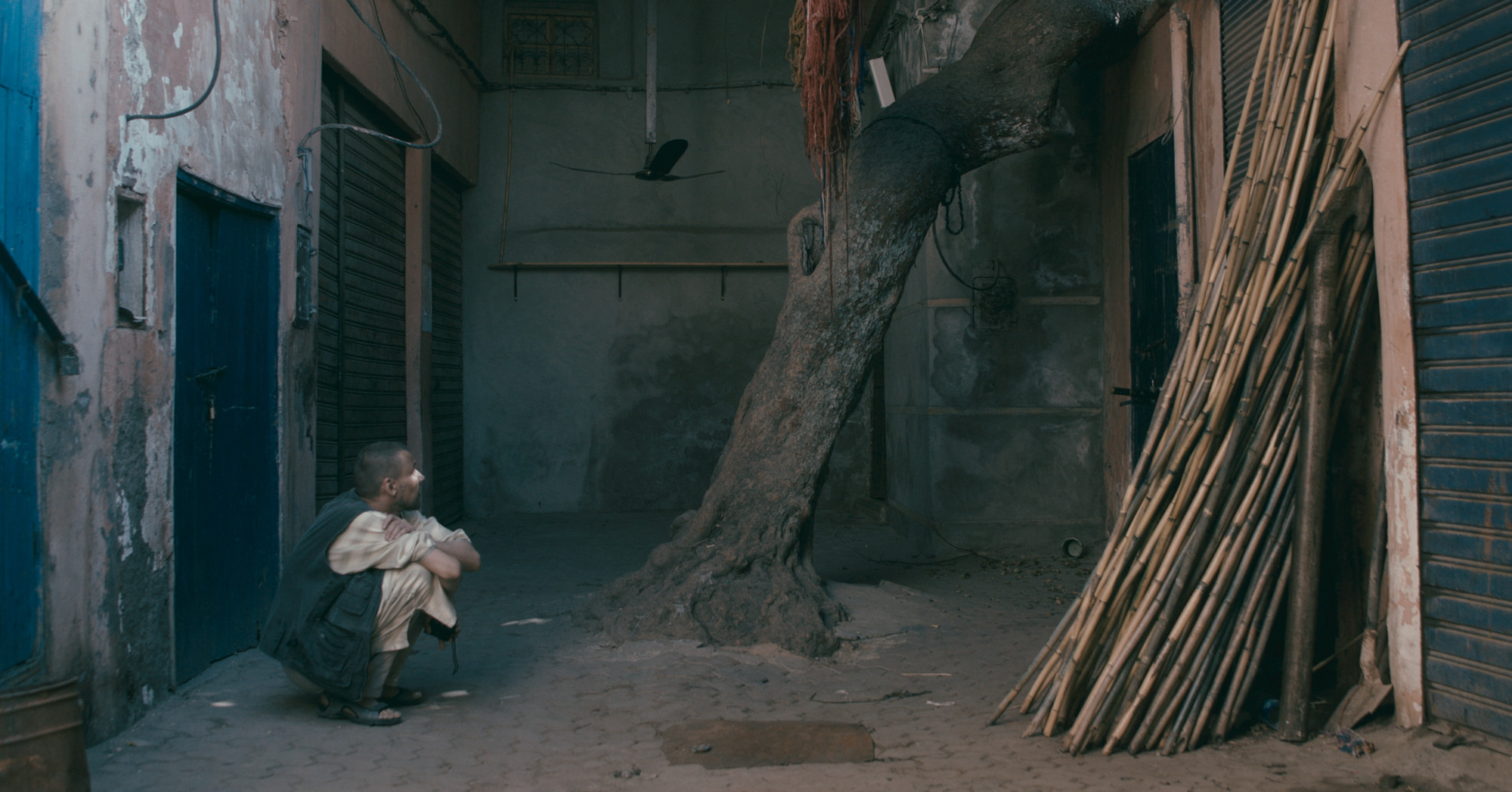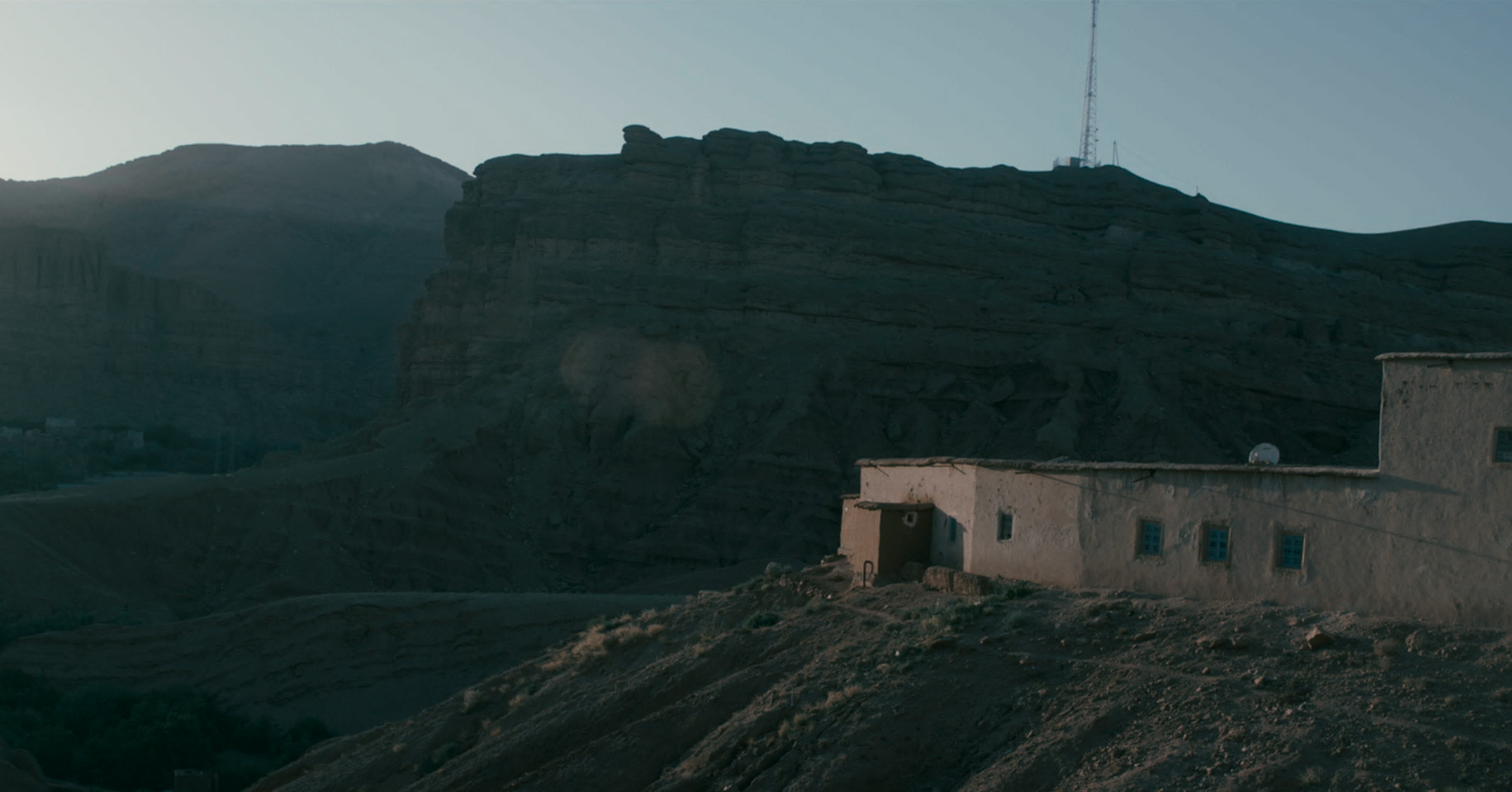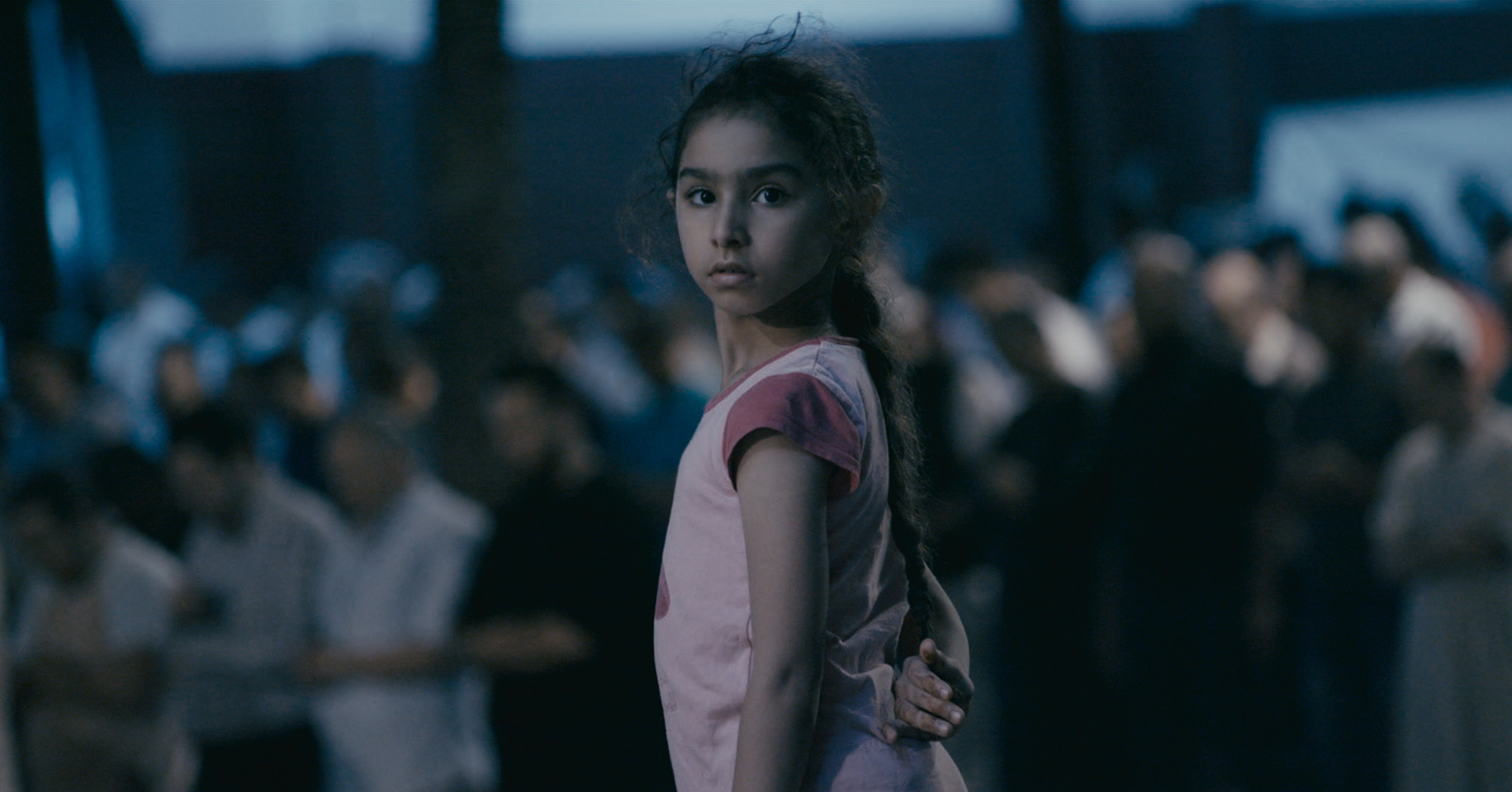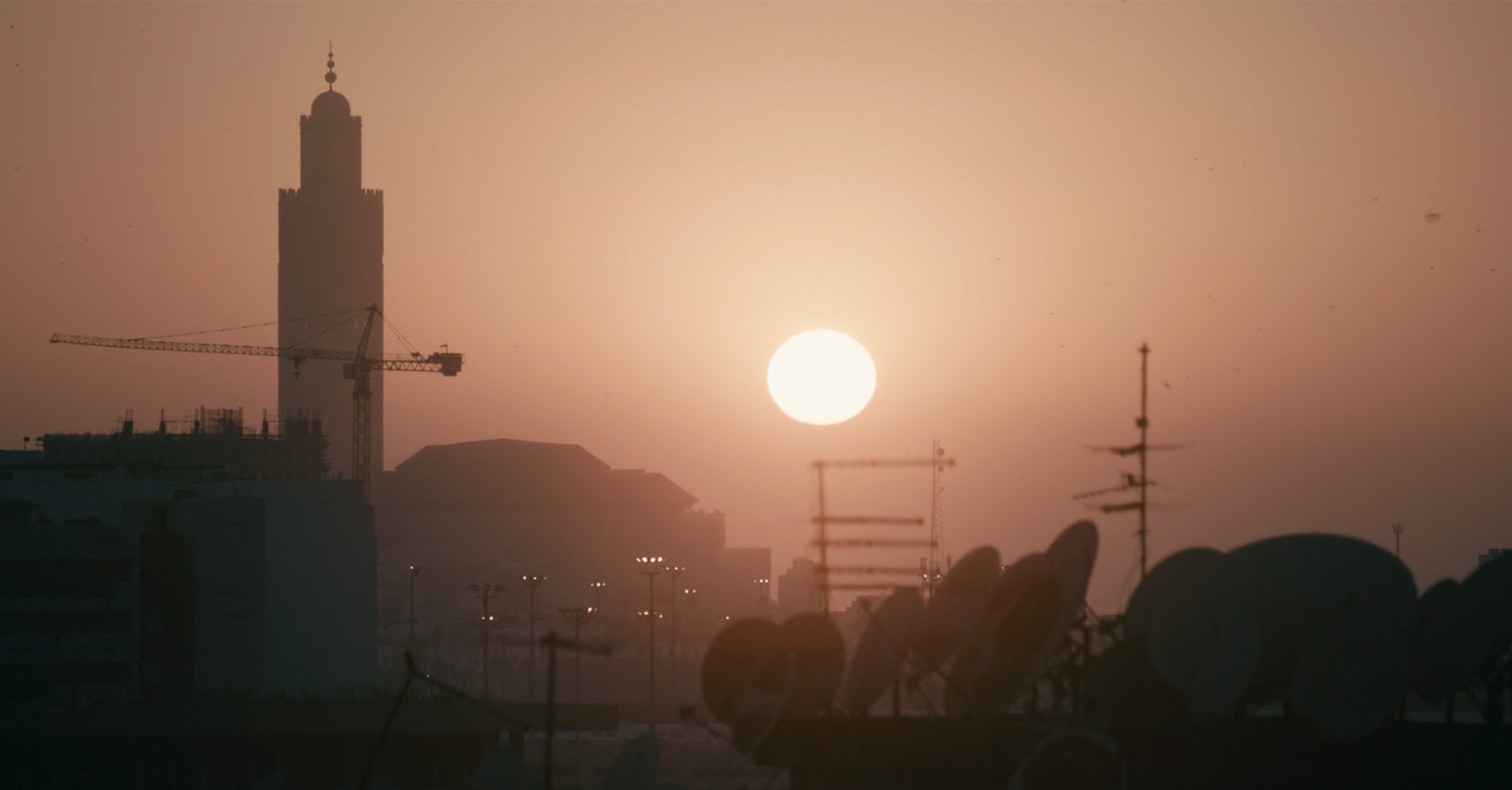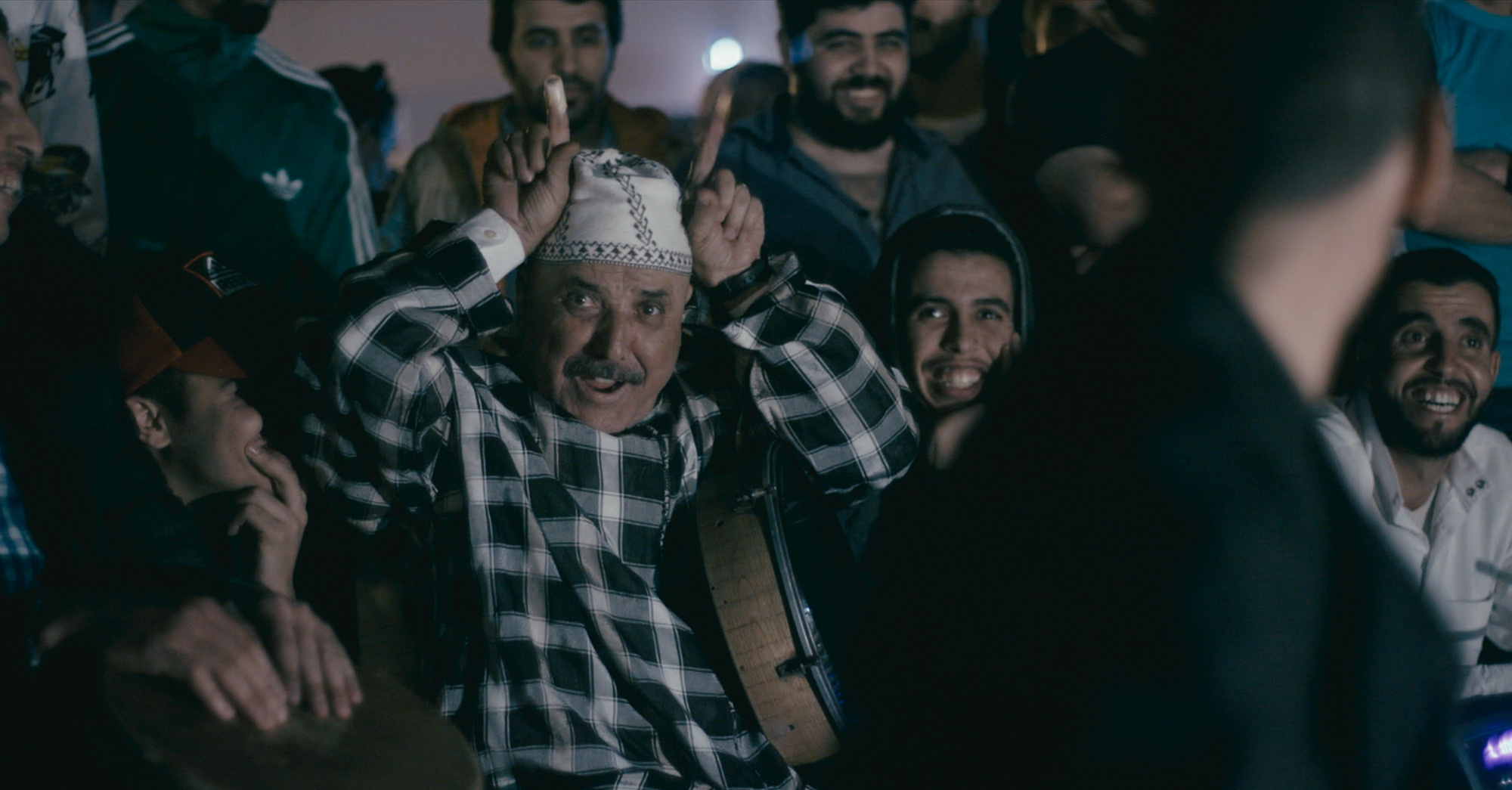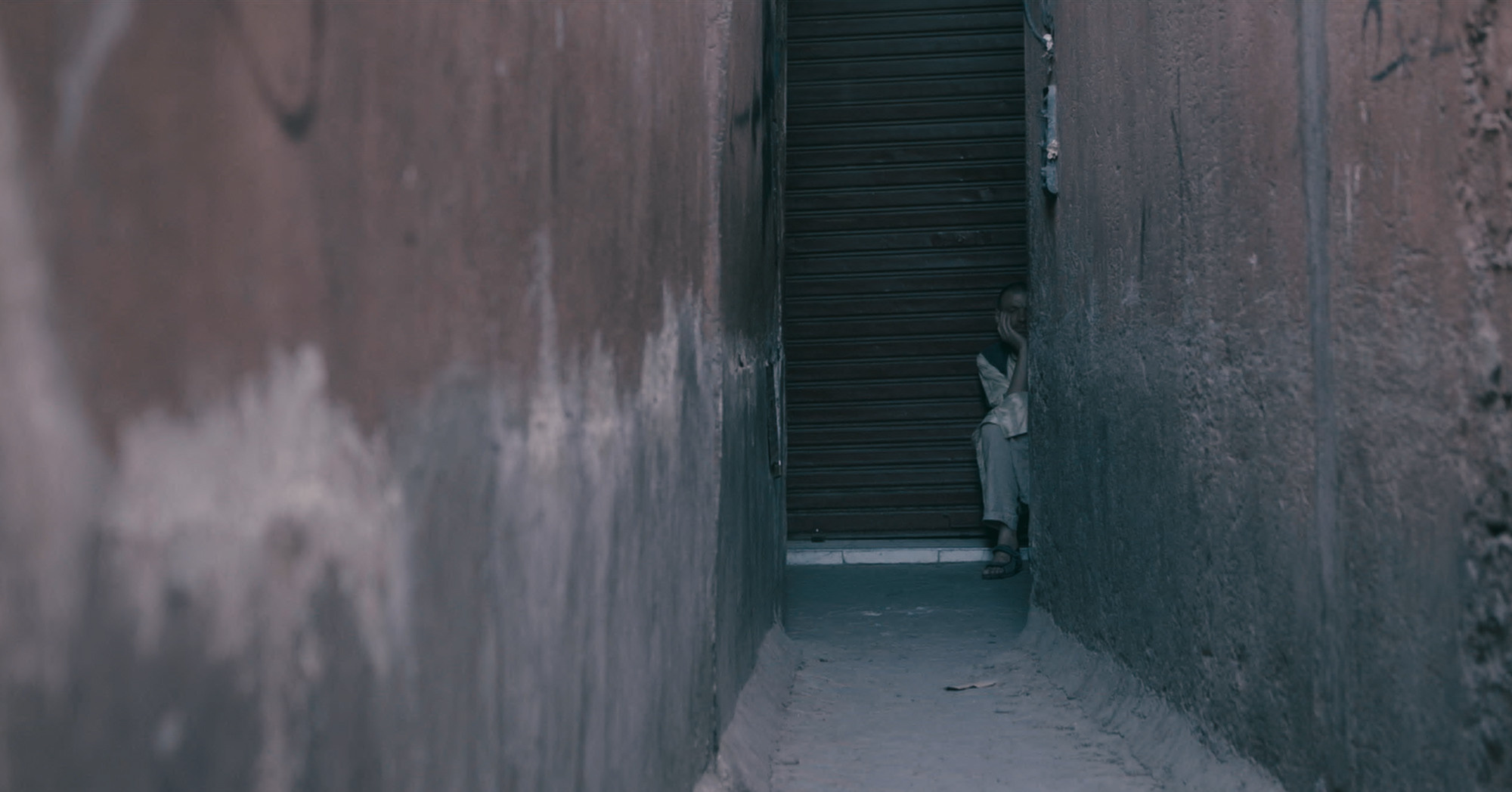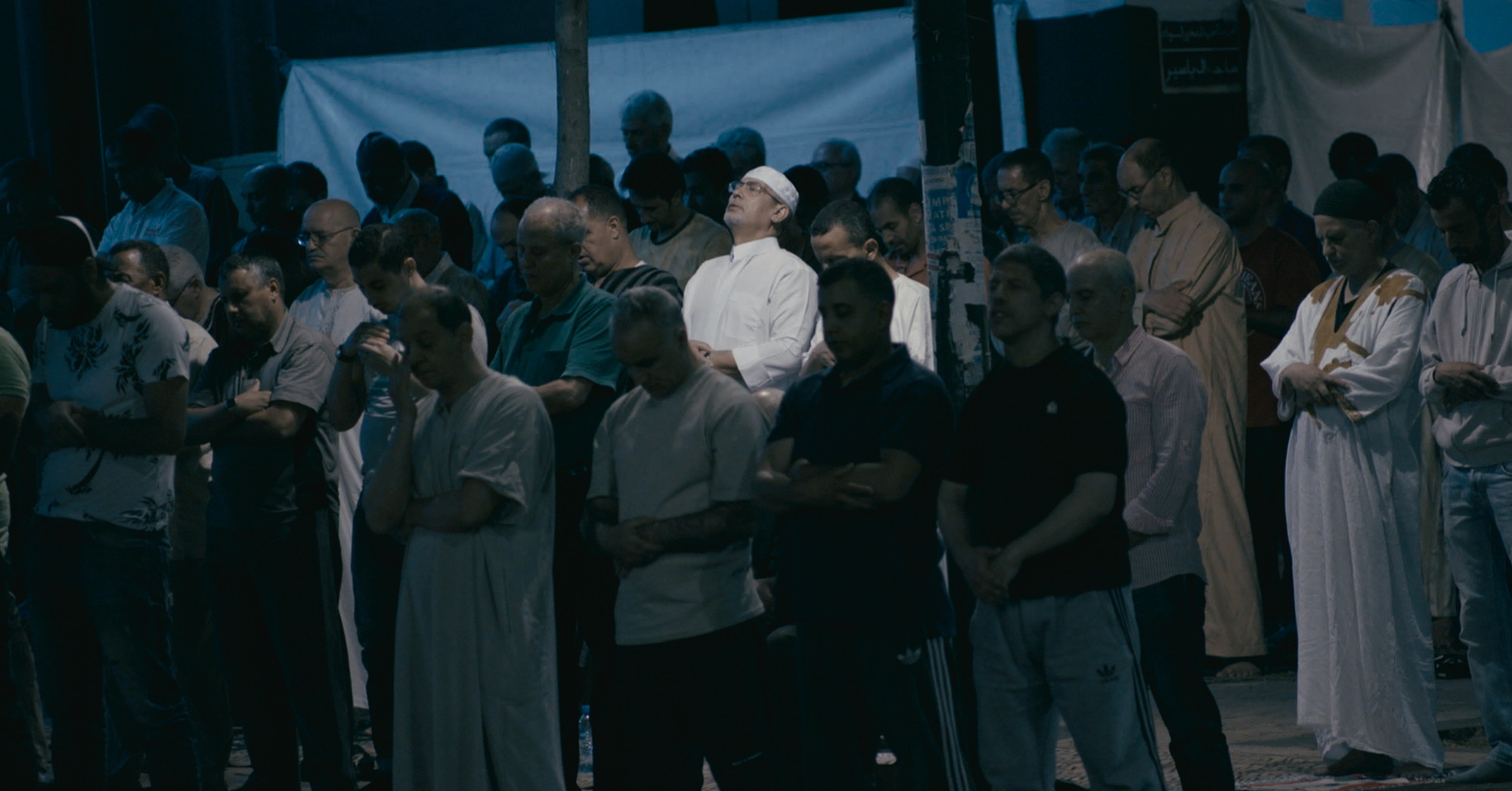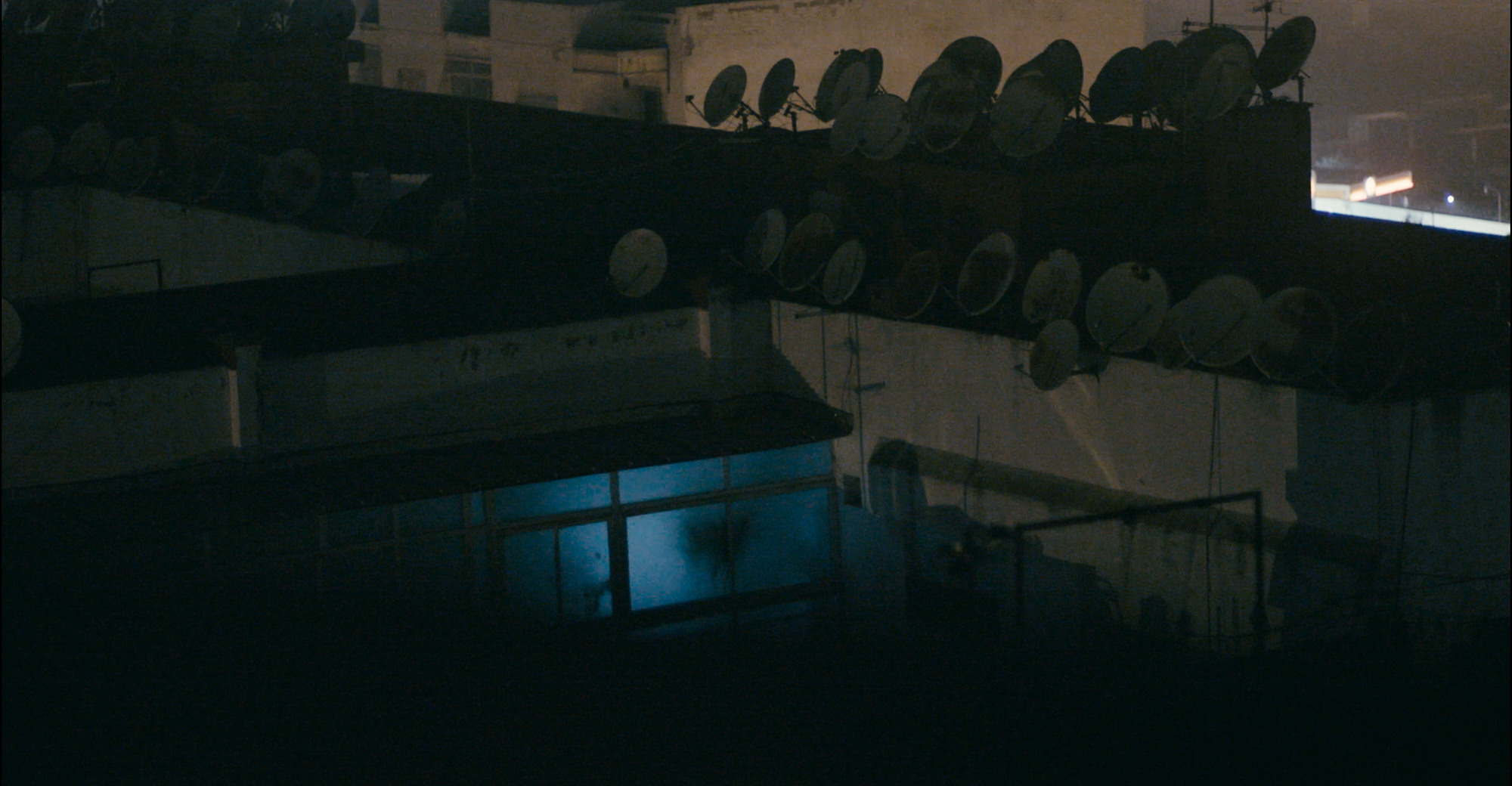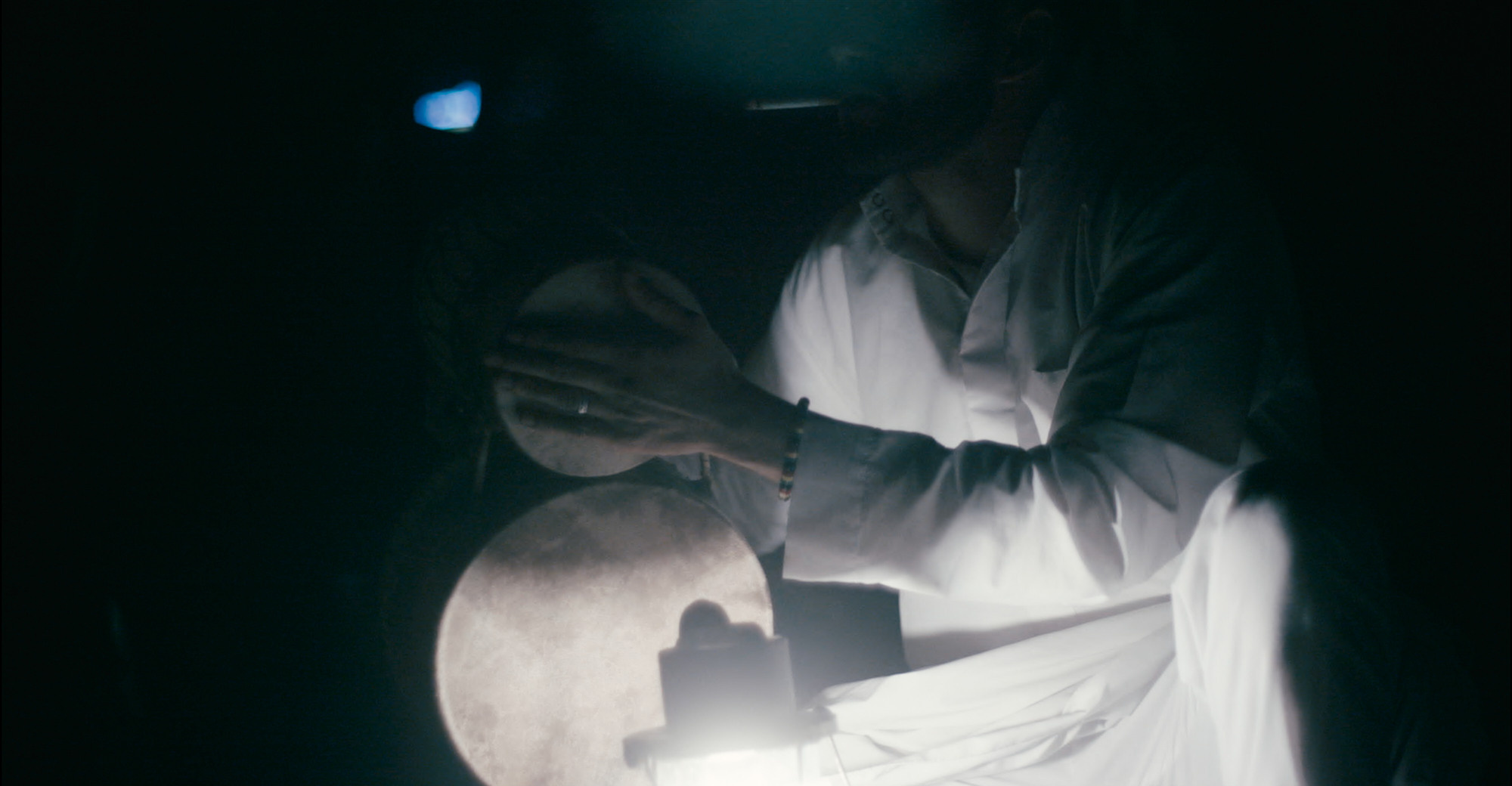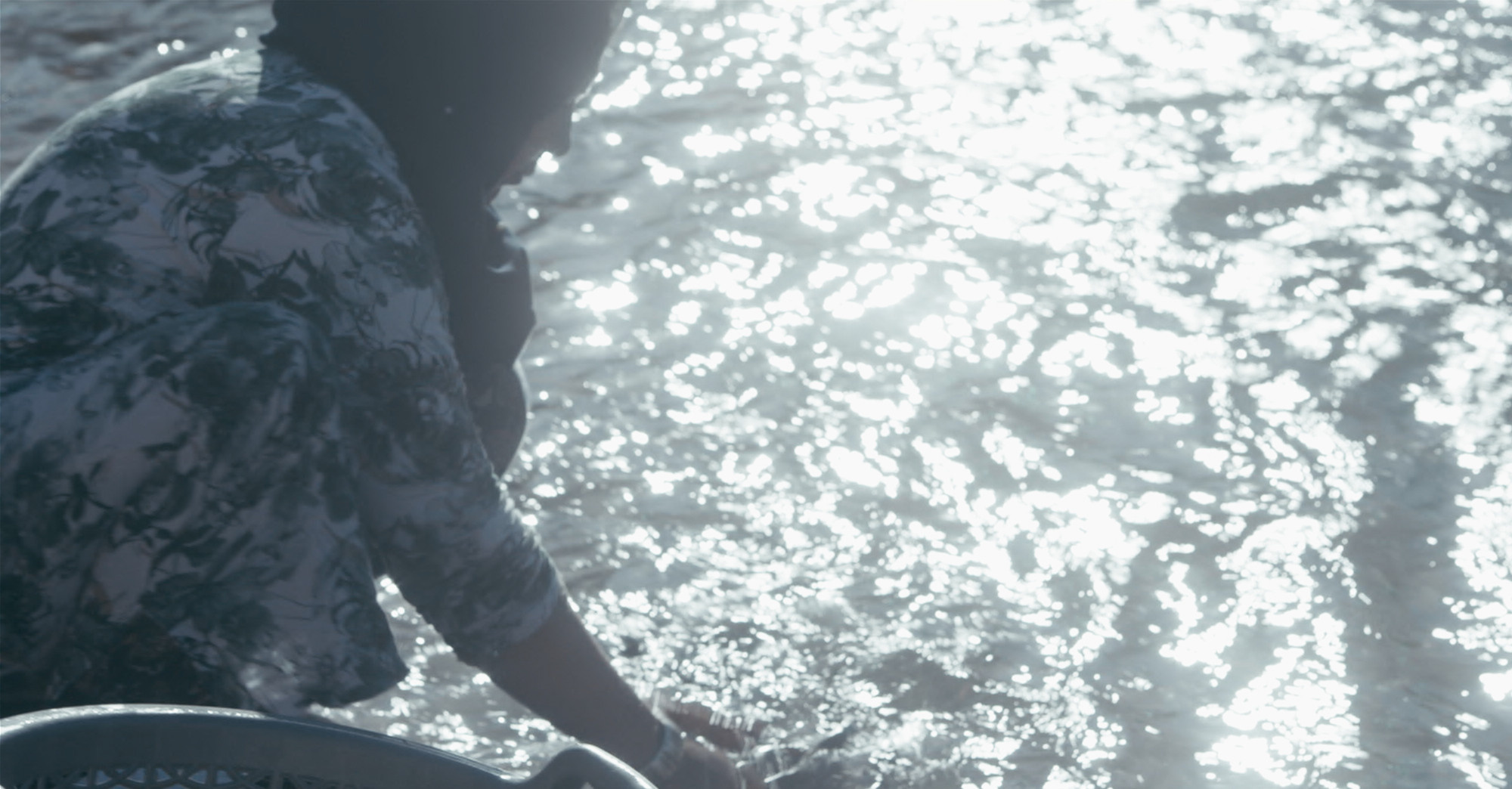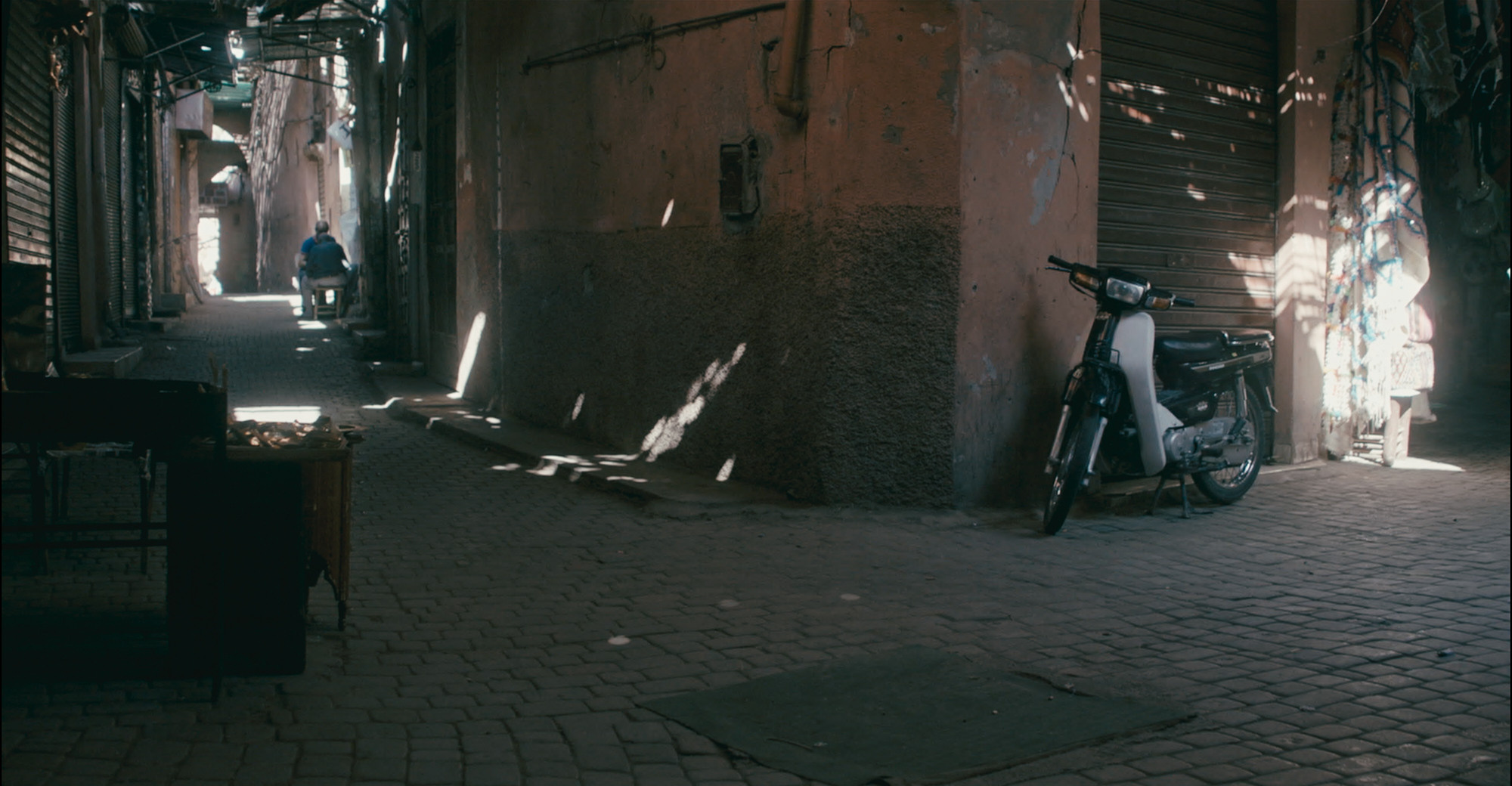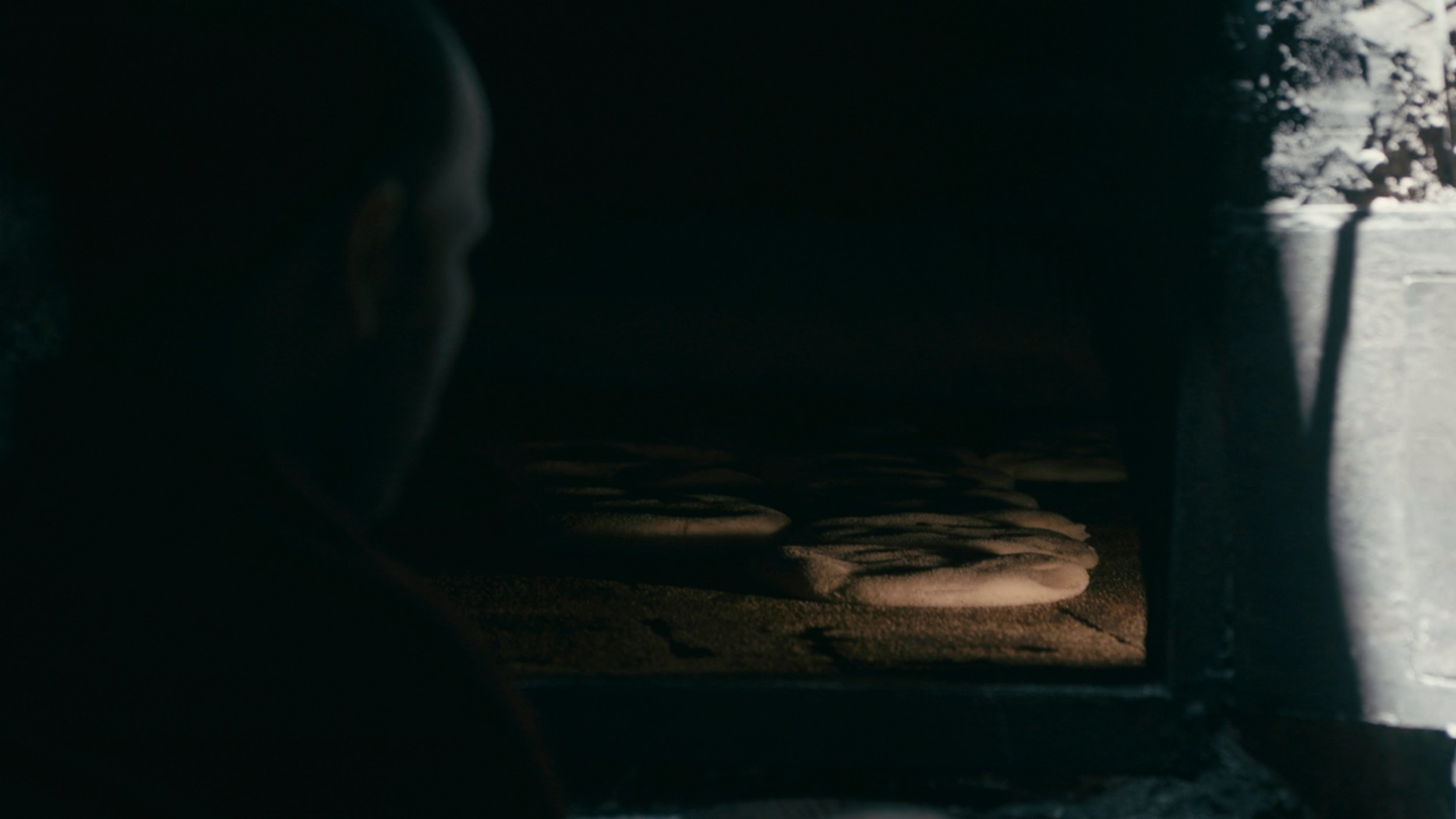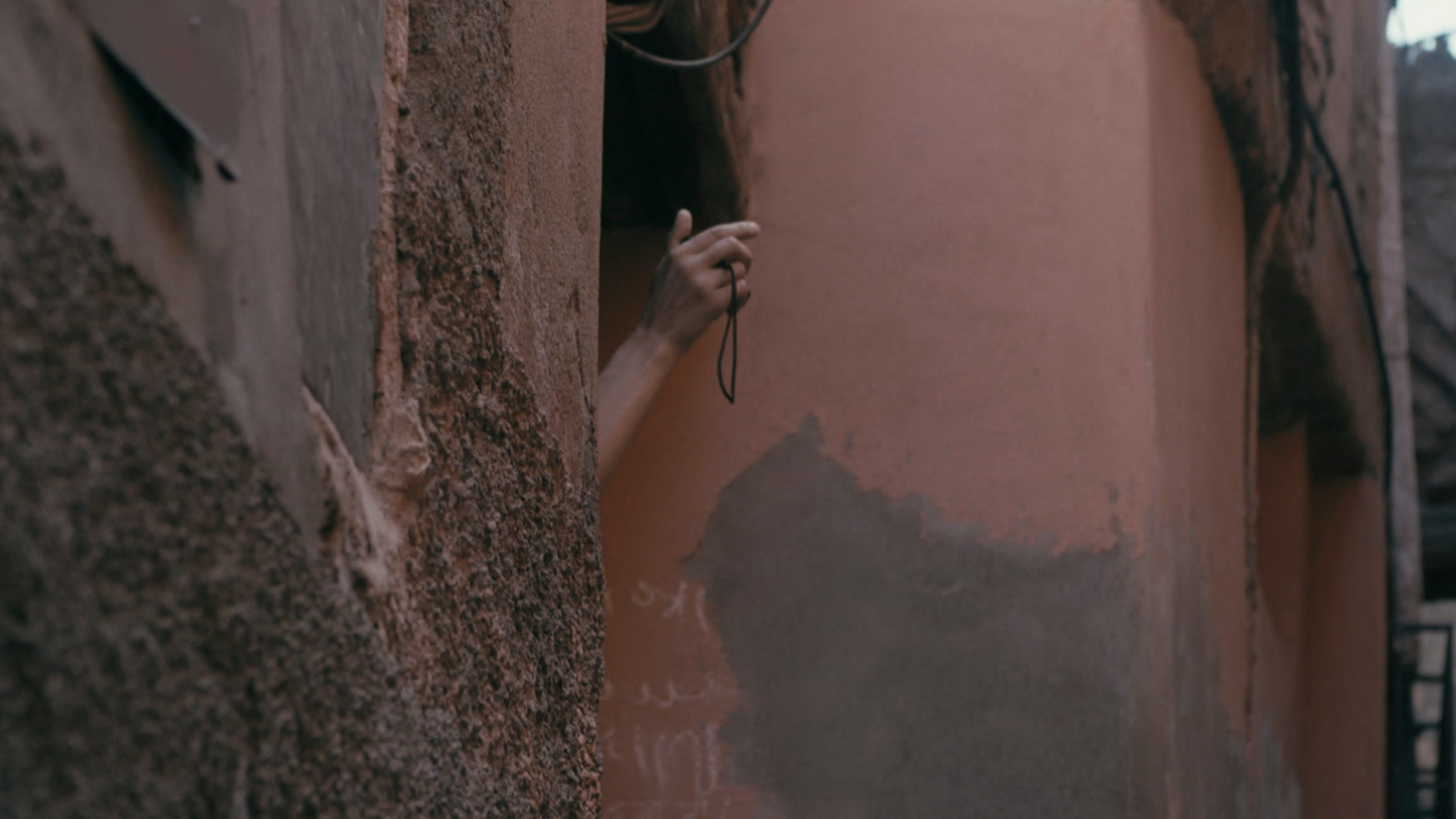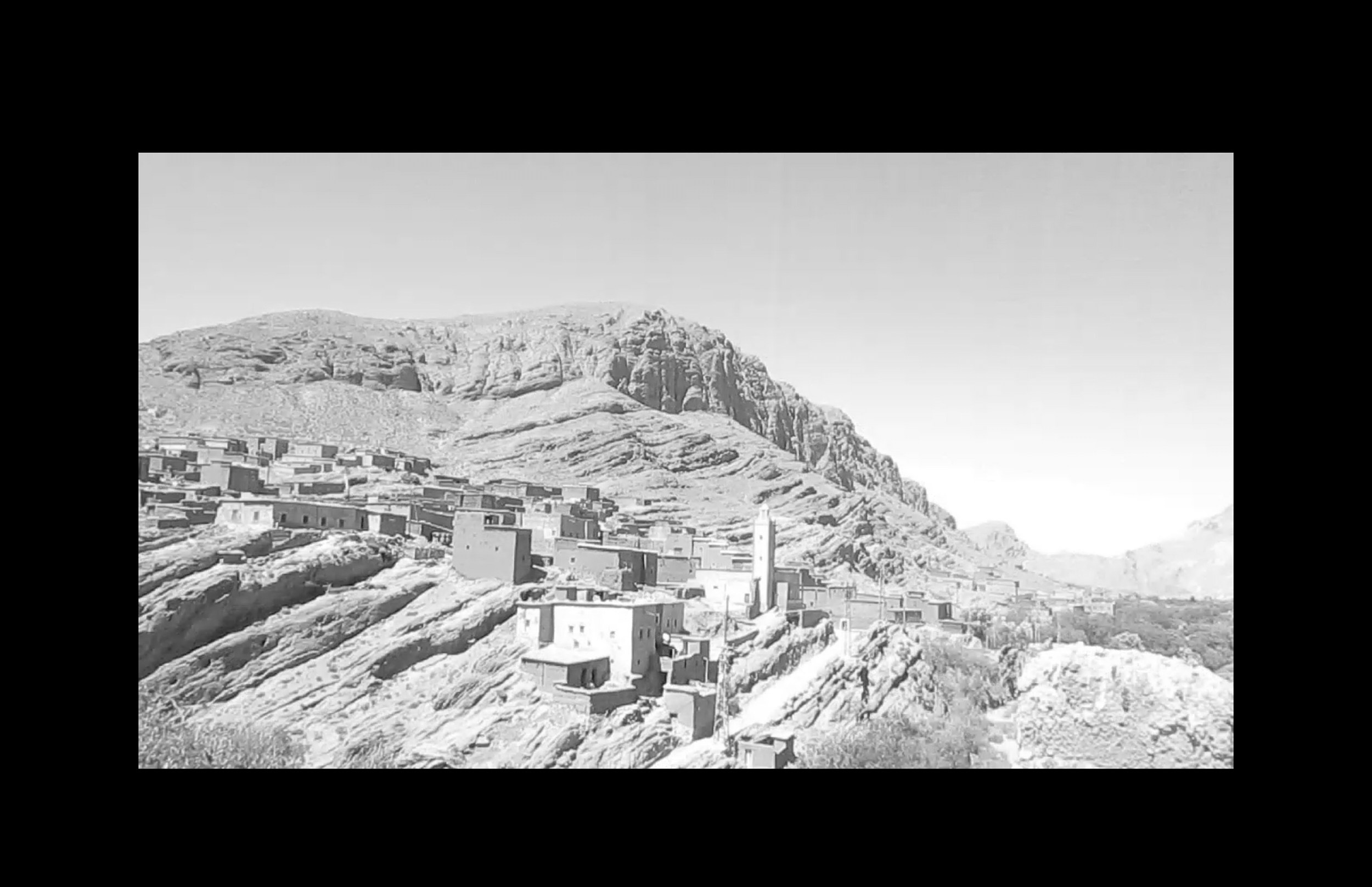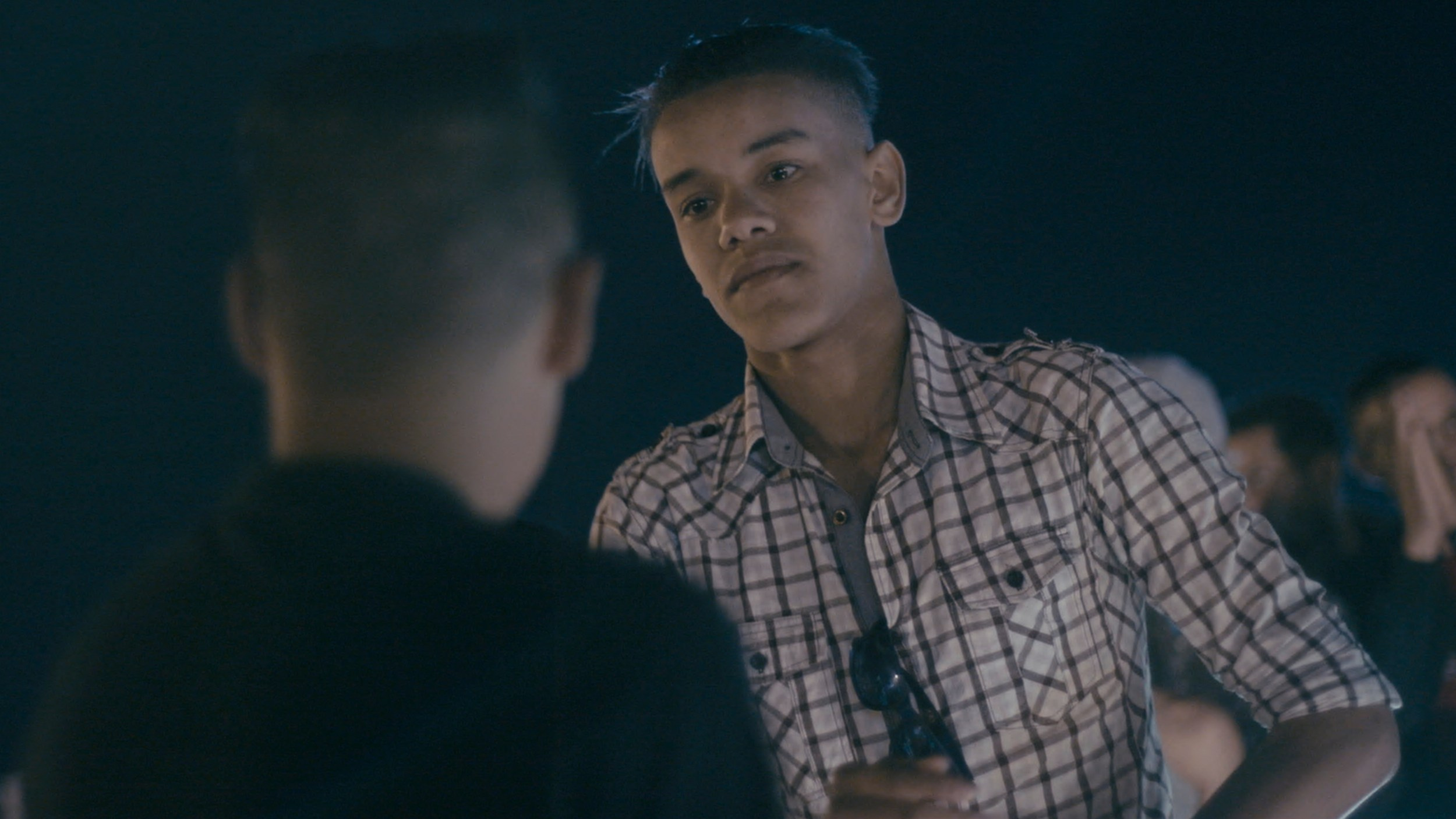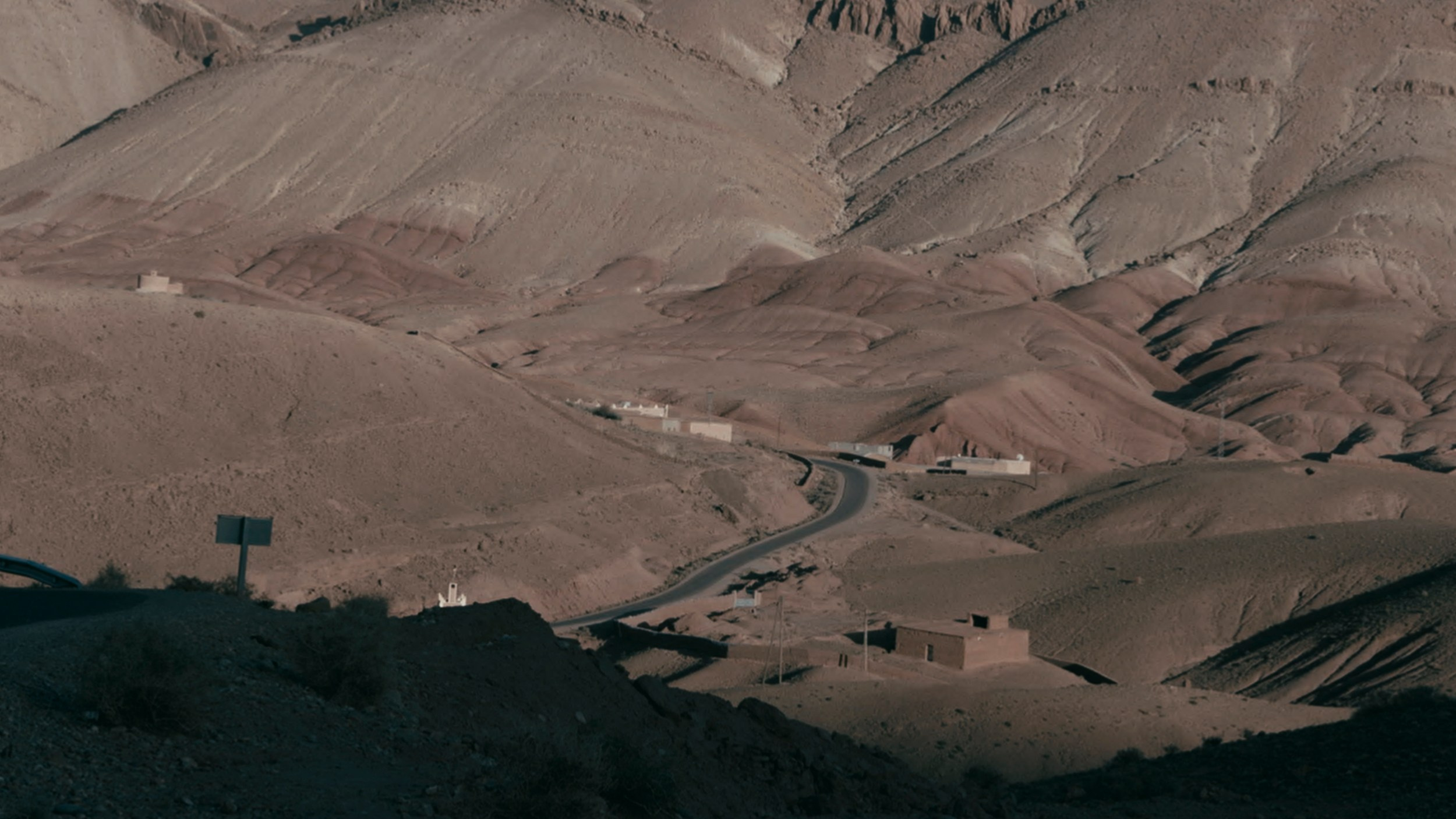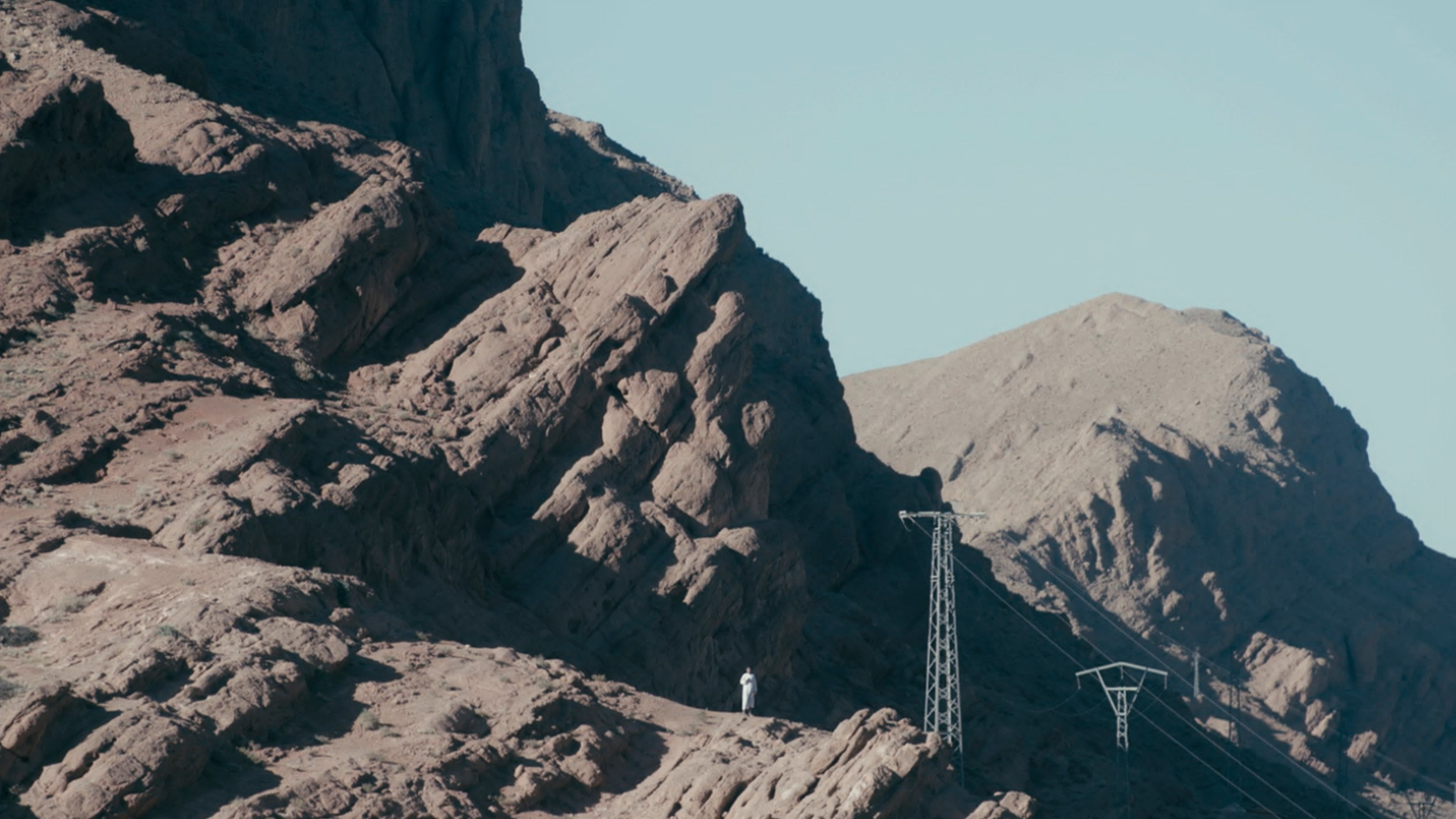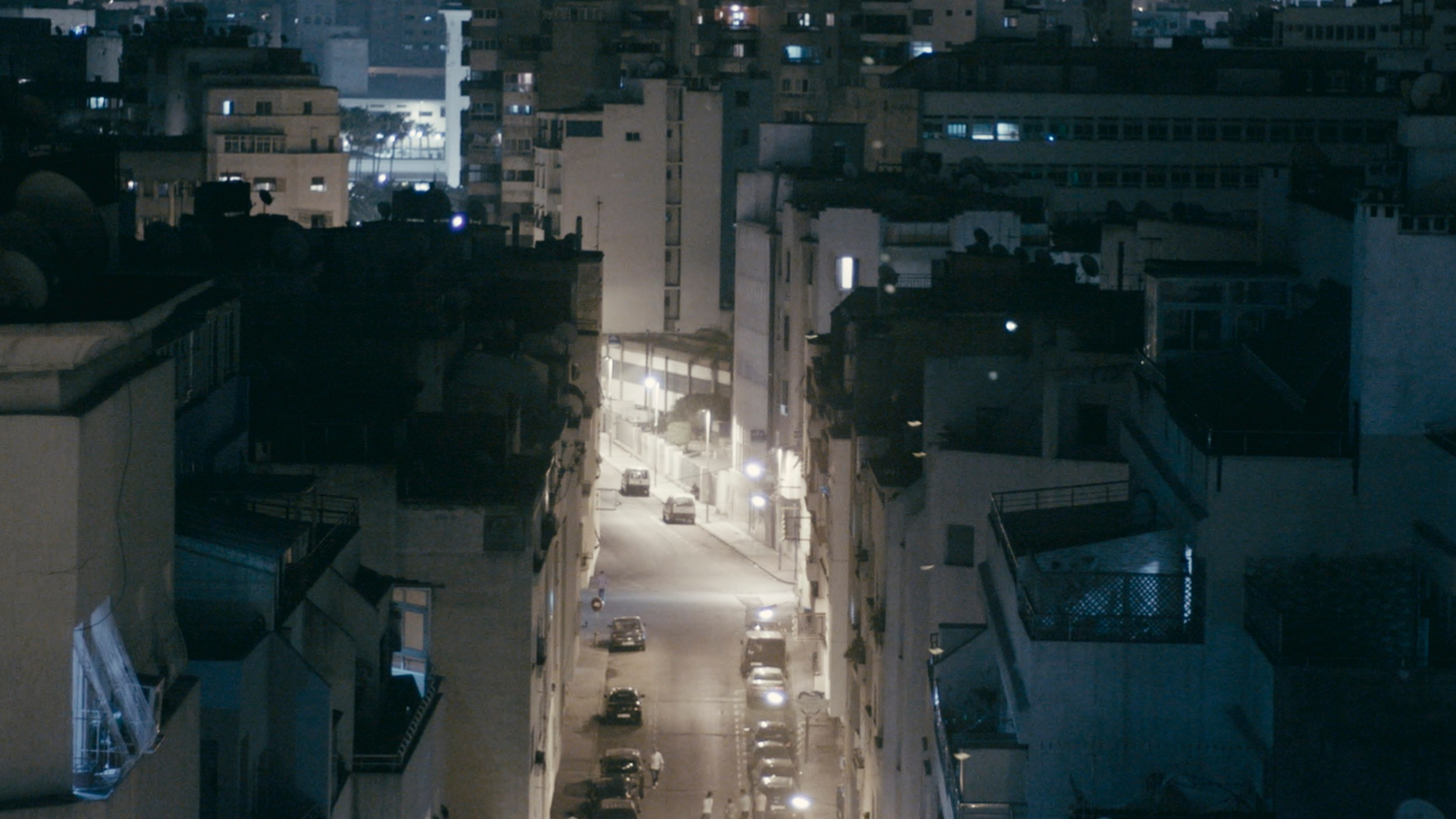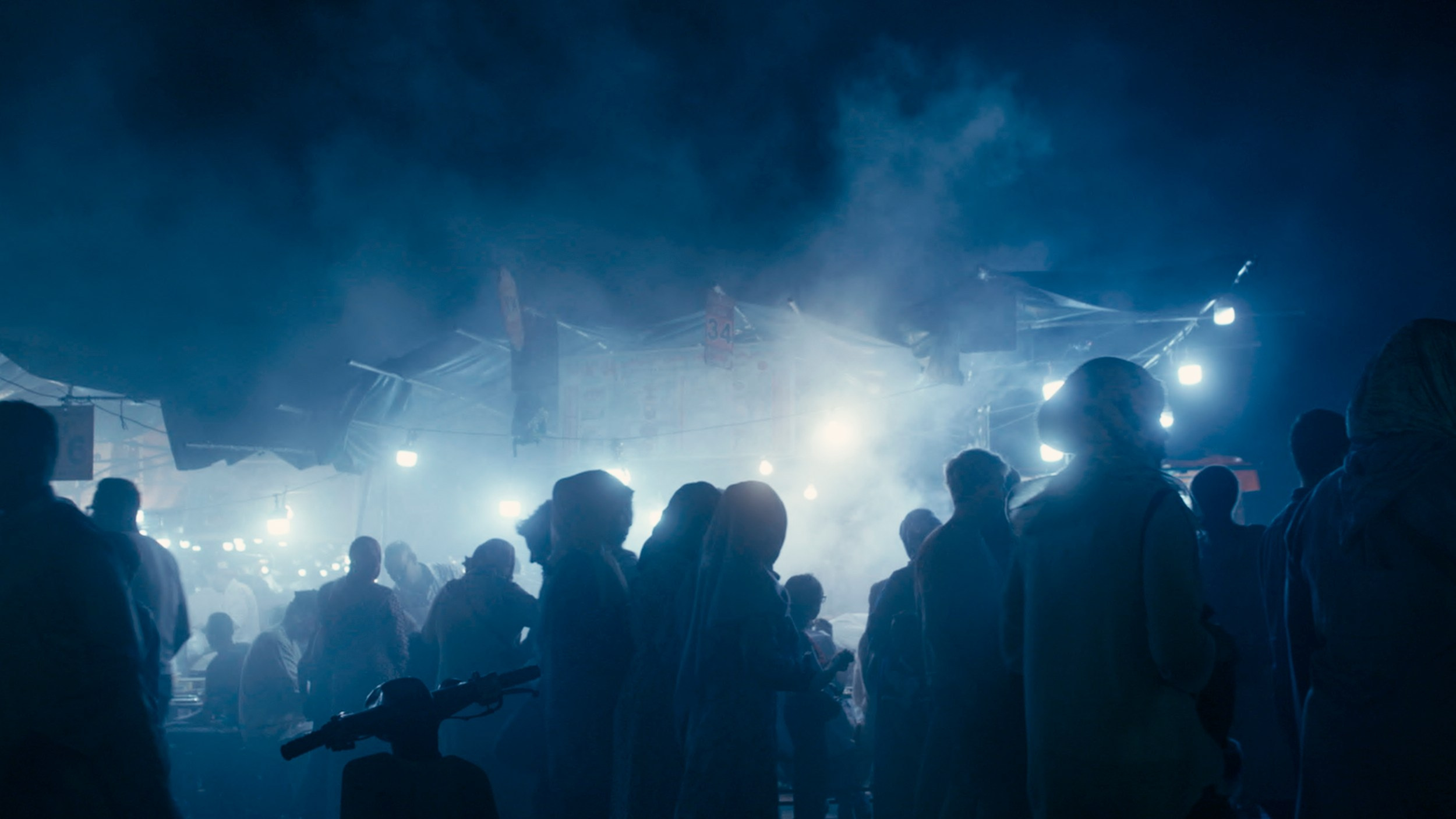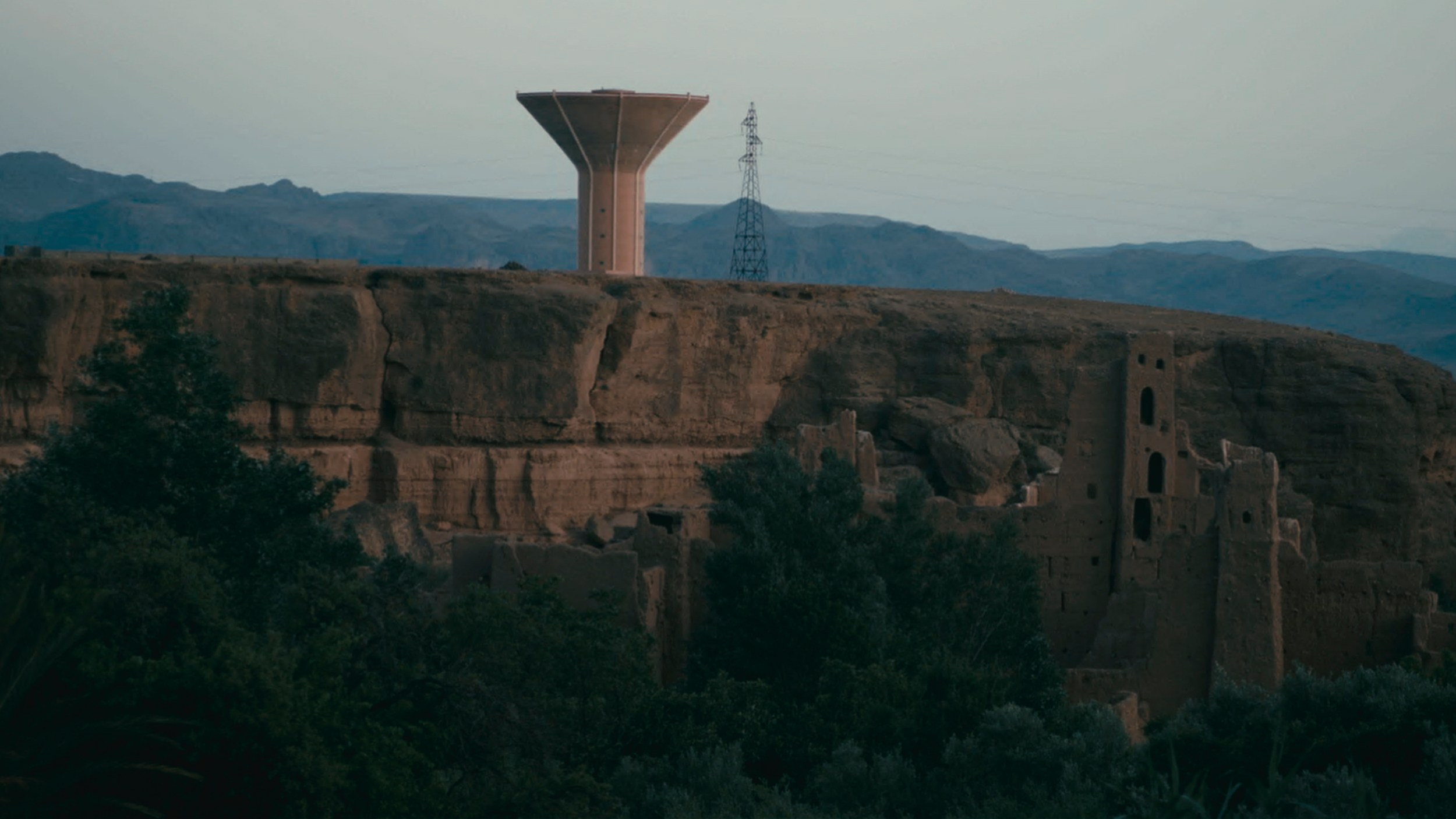Teaser
Haqiqa
2026, 110 min, Film essay, documentary. Work-in-progress.
(Morocco, USA, Germany)
Directors: Anastasia Shubina, Timofey Glinin
Cinematographer: Anton Zorin
Producer: Ksenia Gapchenko
Logline
An eccentric philosopher who discovered Islam through books travels to Morocco with filmmakers. What starts as observation turns into the riddle of his disappearance — and a meditation on cinema as mystery
Synopsis
Haqiqa (“Truth”) is an essay-documentary about a journey that turns into a disappearance.
Offsay, a Belarusian philosopher who discovered Islam through books, travels abroad for the first time — to Morocco — with filmmaker friends who once attended his offbeat lectures on cinema and philosophy in Russia. What begins as an observational film in Casablanca, Marrakesh and the Atlas Mountains soon shifts: Offsay resists the camera, provokes contradictions, and gradually slips away. He argues with Beckett in an alley, tests Lacan against the bleating of goats, and questions Deleuze at the marketplace. Step by step, he disappears. What remains is an enigmatic archive of notebooks, sound recordings, and unfinished images. Following these traces, the filmmakers reconstruct a map of thought and absence. The film becomes a philosophical cartography — part detective story, part meditation on cinema as mystery, and on the fragile possibility of belief.
Directors' statement
By the time filming began in 2019, we had known Offsay for more than a decade. For years we attended his film club, watching experimental cinema, listening to avant-garde music, and discussing philosophy. It was a place where we learned cinema — not through theory, but through experience. Philosophy for him was never abstract knowledge, but a trial, a way of living, which eventually led him to Islam. Together we decided to travel to Morocco — his first journey outside the post-Soviet world. Once there, he spoke little, filming instead, searching for his own radically honest encounter with Islam and the Arab world. He refused our “conventional” documentary approach, and at some point simply disappeared — first in Morocco, then from our lives. For years, the material remained as fragments: scenes of Moroccan life, his notes and images. Yet the film kept returning to us, and we decided to follow his traces once more. Thus Haqiqa — meaning both “truth” and “reality” in Arabic — was born.
